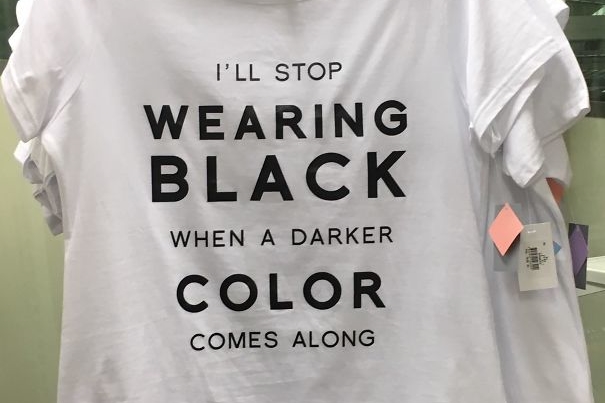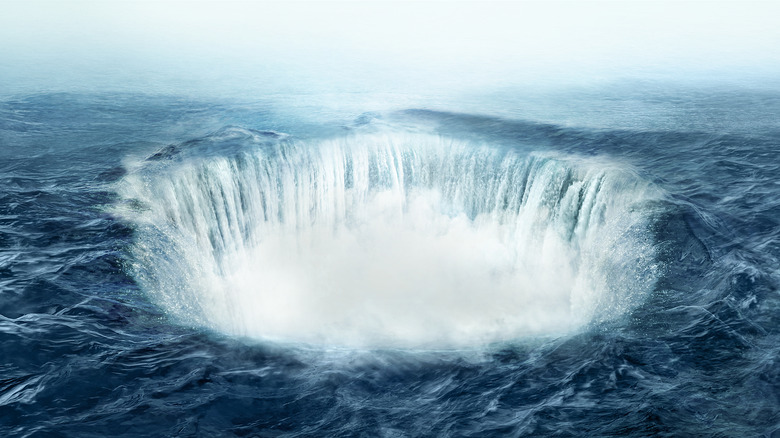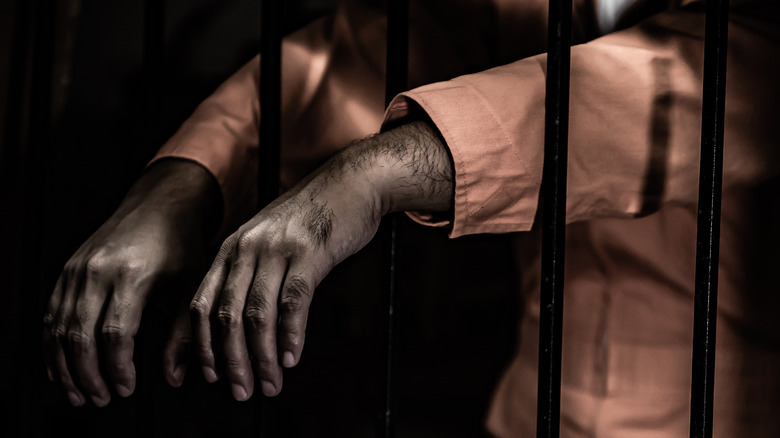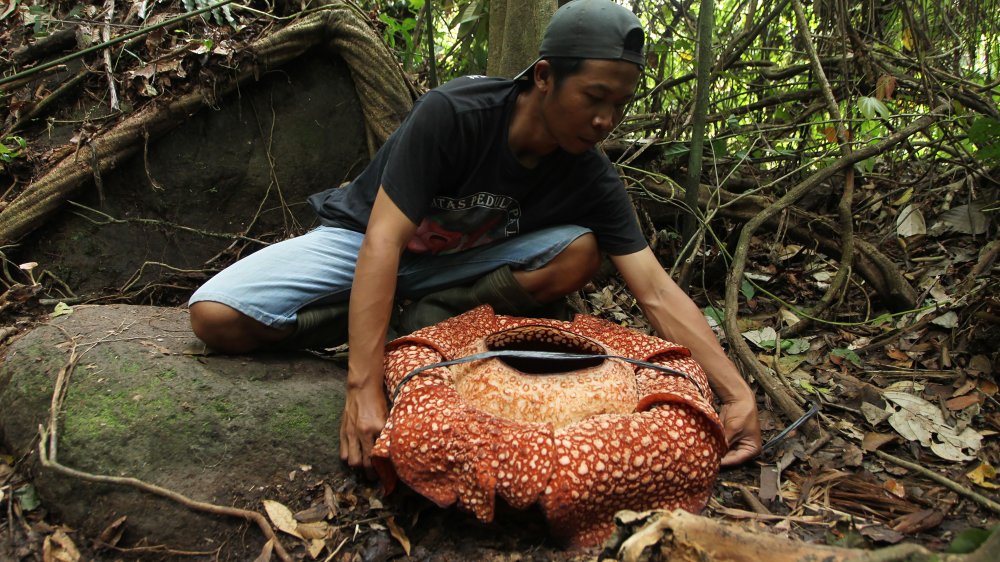
Are You Guilty of These Habits? They May Be Damaging Your Kidneys
There’s no doubt that most of us could do more to take care of our health and well-being. It’s been reported that for the first time in history, there are more obese people than malnourished people in the world. According to a report by the National Kidney Foundation, more than 90,000 United States citizens die every year from kidney disease. This is actually a larger number than those who die from breast cancer and prostate cancer.
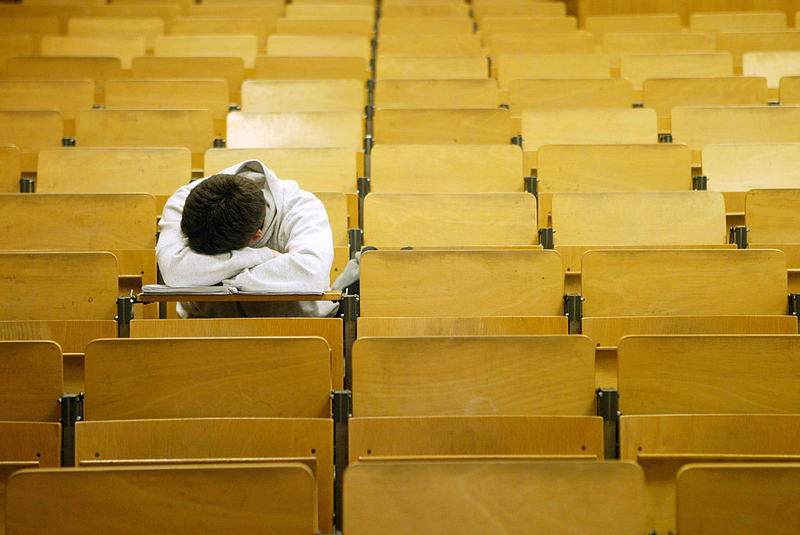
Like many of the most common causes of death, kidney damage can actually be prevented by adopting healthy habits (and avoiding those that are harmful). Prepare for some shocking news about the habits that are detrimental to your health worse, and how to create a lifestyle that promotes longevity.
Too Much Salt Will Hurt Your Kidneys
Salt is essentially a mineral, besides giving food an interesting taste, it has no inherent medical benefit, and too much of it can actually kill you. People who eat too much salt, which many of us are guilty of, creates an imbalance in their blood, giving their kidneys quite a challenge when it comes to removing excess water from the body.
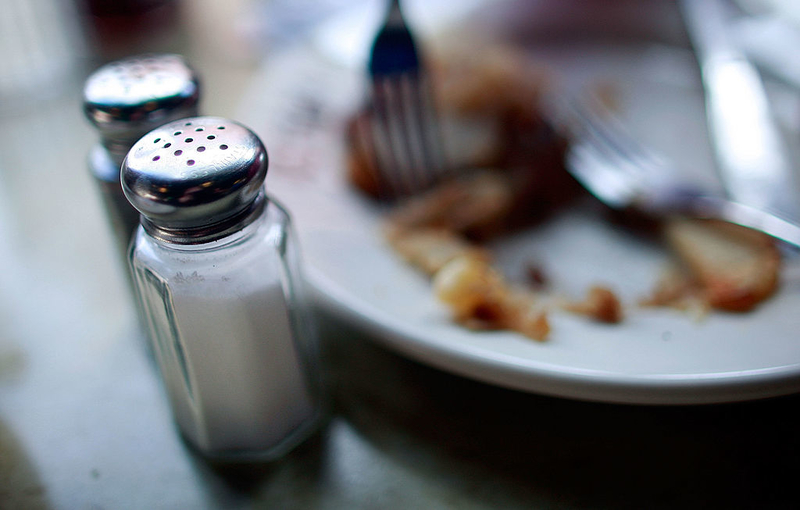
According to The U.S. Department of Agriculture, the average person should eat no more than one teaspoon of salt per day, which is about 2,300 milligrams, with the ideal being no more than 1,500 daily. Keep in mind that various foods already come with a certain amount of sodium in them, so depending on your diet, you might actually be eating more salt then you should — even if you don’t add extra salt in your food. Keep a watch out for the sodium content in pre-cooked and processed foods.
Keep Your Stress Levels In Check
Stress has been linked to various negative health consequences, both immediate and long term. Some of the immediate side effects of stress include higher blood pressure and heart rate, a decrease in digestion functioning and a weakened immune system. Chronic stress also leads to impaired decision making, poor sleep, and unhealthy eating habits, thus creating a vicious cycle that rapidly leads to poor health. Late effects of stress include heart disease and strokes, various forms of cancer and depression.

Uncontrolled stress leads to kidney damage due to high blood pressure which leads to massive strain on your kidneys. If your goal is to live a healthy lifestyle and have healthy kidneys, avoiding and learning how to deal with stress can be one of the most beneficial skills for you to master.
However, Don’t Push Yourself Too Hard (At First)
If you’re one of the rare people who doesn’t just work out but also has a strong competitive motivation as-well, you might want to listen to the advice we’re about to share with you. When you first start a new physical activity, especially one that your body hasn’t had the chance to acclimate to yet, make sure not to push yourself too hard until you begin to feel comfortable with the activity. The reason for this precaution is a syndrome called Rhabdomyolysis, which is caused by muscle breakdown. This happens when muscle tissue dies and geta released into the bloodstream, causing kidney overload and in almost half the cases, total kidney failure.
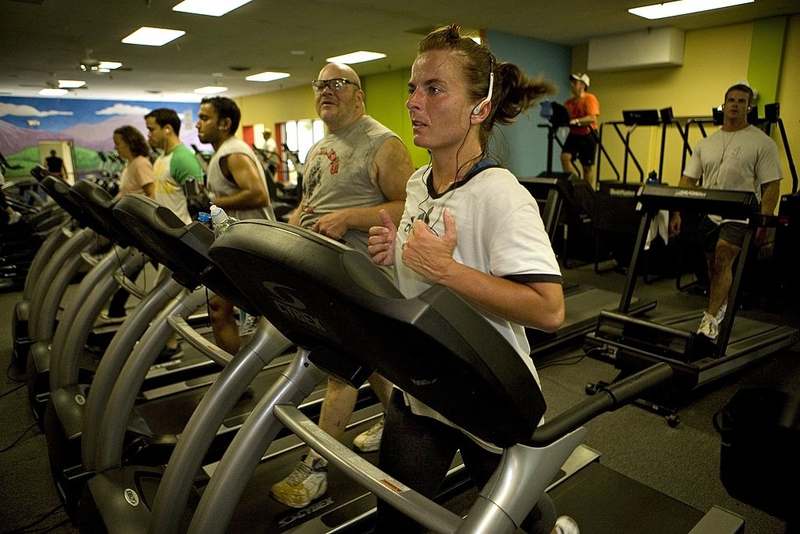
This syndrome is quite rare, but it can only happen if you push yourself too hard at something that you’re not used to just yet. According to Dr. Maureen Brogan of New York Medical College, most cases of Rhabdomyolysis occurs when someone over-exerts themselves in an activity that’s completely new to them. If you’re very athletic and physically active, always remember to eat well, hydrate yourself, sleep eight hours daily and let your muscles build up over time.
Steer Clear Of Secondhand Smoke
Even people who don’t smoke are at an alarmingly higher risk of heart disease and lung cancer if they spend several hours a day next to people who do. A recent scientific study on Secondhand Smoke Exposure and Cardiovascular Effects found that breathing secondhand smoke daily increases your risk of heart disease by up to 30%.

The Centers for Disease Control and Prevention reported that “There is no risk-free level of exposure to secondhand smoke.” Try to stay away from people who smoke in the street, and explain to your family members why smoking next to you is extremely bad for your health. According to the National Kidney Foundation, kidney disease kills more than 90,000 Americans annually. That’s more than breast cancer or prostate cancer. It’s not too late to unlearn these habits. Simple changes to your diet, supplements, and sleep will prevent kidney disease in the future.
Don’t Ignore Your Body When You’re Sick
Everything from an unwashed hand to sharing space with sick people can eventually lead to you catching a common cold or worse, the flu. The average person will get sick 1-3 times a year, and the more time you spend ill, the more antibodies you produce to fight the infection/virus. These antibiotics may have a negative effect on your kidneys and cause them to become highly inflamed, so you should attempt to keep your colds as short as possible. But how?
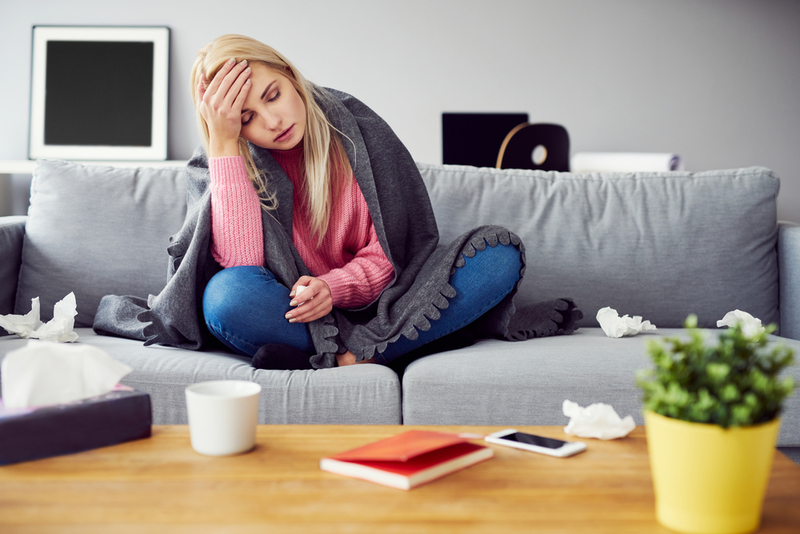
First thing’s first, more than 70% of Americans report that they still go to work while they’re sick. This is problematic for two reasons. First, you dramatically increase the chance of someone else becoming sick. Second, it will take you much longer to heal from your cold if you’re sitting at a desk, working. It would be much more beneficial for both yourself and your coworkers to stay at home for a day or two.
Reduce Stress to Improve Kidney Function
People who are chronically stressed suffer from faulty hearts, reduced immune systems, a tendency to gain or lose weight, emotional regulation issues, and yes, even kidney disease. There is a strong consensus among researchers that chronic stress harms your kidney’s health, although the actual reasons for this correlation aren’t clear yet. One theory is that high-stress levels cause high blood pressure, which harms the kidneys over time.

Being chronically stressed can also cause a myriad of other negative habits, such as poor sleep amount and quality, as-well-as poor food choices. These may contribute to even further kidney damage. If you’re finding yourself in a habitual state of stress, it’s important to contact a mental health expert. You can try adopting various positive habits that reduce stress such as meditation, and also research how food affects our emotional regulation.
Don’t Smoke Cigarettes
It’s not exactly breaking news to say that cigarette smoking isn’t the most healthy pass-time. It’s linked to cancer, throat damage, erectile dysfunction and more. Recent regulations have gone as far as to force cigarette manufacturers to put the most horrible pictures of real-life victims of smoking right on the back of their product packages.

And you guessed it, it’s bad for your kidneys as well. Despite the warnings and the heavy financial burden, many people find it extremely hard to let go of their smoking habit. If you find yourself unable to quit, it’s important that you find a support group that specializes in quitting smoking. If you’re currently smoking, don’t stop fighting. It’s never too late to quit.
Skip That Fourth Cup of Coffee
There’s nothing inherently wrong with drinking coffee, especially if you do it in moderate amounts. The problems only start when you drink too much coffee, which is considered to be more than three or four cups per day, depending on your body size.

Drinking too much caffeine causes your blood pressure to rise and your heart to work irregularity, it also causes stress and heartburn, all of which contribute to possible kidney damage. Dr. Jessica Saville of the National Kidney Foundation recommends drinking no more than three cups of coffee per day as a standard. It’s also important to note that coffee often comes with various additives such as sugar, cream, syrup and more, which usually contain a lot of sugar and also cause an increased chance of kidney disease.
The More You Stand, the Better Your Health Will Be
First, let’s just get this out of the way — the human body is not built for sitting down for long stretches of time, period. Our bodies are mostly built for using complex and sophisticated muscle and bone systems to perform various physical activities. There’s a good reason why our bodies are as resilient as they are, often a lot more than we even think. When we sit down for prolonged stretches of time, our spine begins to compress, blood pressure begins to rise, the muscles start to atrophy. It’s not a good thing.

In 2015, a meta-analysis of 41 studies found that sitting for a prolonged time drastically increases risk in adults for heart disease, diabetes, and cancer. Another recent study found that reducing your sitting time by just one hour daily reduces heart disease risk by a whopping 26%. There’s no problem with sitting for short bursts, as long as you make sure to get up and walk right after. Try to not sit down for more than an hour without at least taking a quick two-minute stretch. Other ways of strategizing for less sitting area: getting a treadmill desk, parking a few minutes away from your office (or just walking/cycling to work in the first place), and taking brief walking breaks every hour or so.
Health Benefits of One Daily Drink
There is growing evidence that drinking alcohol in a derate fashion, especially a red glass of wine, actually contributes to good health. A 2001 meta-analysis in the Postgraduate Medical Journal found that moderate alcohol consumption fortifies heart health and improves blood pressure.

Dr. J. Michael Gaziano, a preventative cardiologist with the Brigham and Women’s Hospital Division of Aging explains: “It comes down to moderation, A safe amount–about one drink per day–may support a healthy heart and lower your risk of heart disease, while too much can be damaging.” When scientists and physicians refer to “one drink”, they mean about 12 ounces of beer or five ounces of wine.
Don’t Abruptly Stop Taking Your Medication
When you take medicine, you put a great deal of pressure on your kidneys, either due to having a lot of junk to filter out of the pill, or because they are getting a smaller amount of blood, as we’ve explained in the painkiller section above. These sudden and strong demands on your kidneys tend to put them under a lot of stress, so it’s best to train them on a consistent routine if you want to avoid a catastrophe.
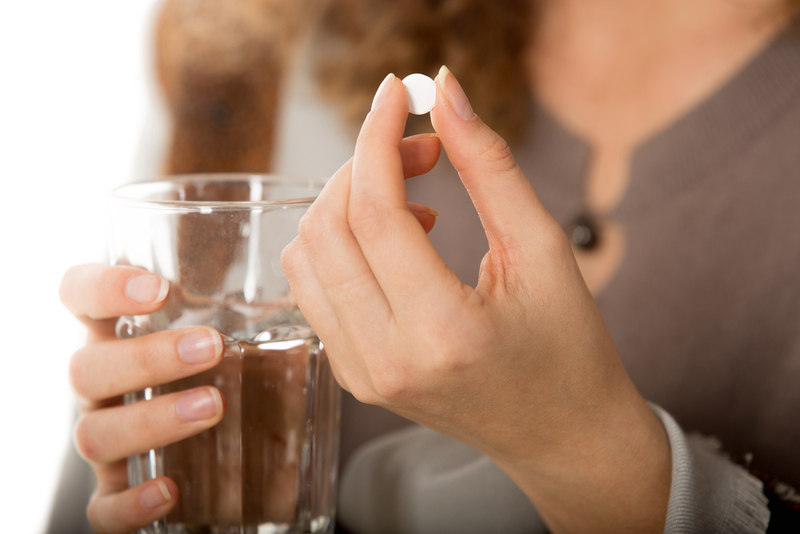
When people abruptly stop taking their medication or continually go on and off their prescription, it causes an immense amount of instability for these vital organs, as they attempt to predict just how much junk they’ll have to filter throughout the day. Remember, your kidneys love a routine. Try to take your pills at the exact same time every day and under the same conditions, for example, if you usually take your pills at 8 pm after dinner, try taking them every day at 8 pm after eating a meal, even if you’re not that hungry. This will keep your body and emotions regulated, and provide you with many benefits that far outweigh the cost of discipline and consistency.
Keep Track of Your Blood Pressure Regularly
Your kidneys depend on your blood pressure to perform their job adequately, and vice versa. The kidneys help filter out the toxins and waste that build up in the blood, and the blood helps transfer oxygen to your vital organs, including your kidneys. This is why having high blood pressure is actually the second leading cause of kidney damage, even kidney failure. Having high blood pressure is often called “the silent killer” because it doesn’t have many symptoms, but if allowed to persist over time — it will cause your arteries to become less effective and eventually ruin your kidneys.
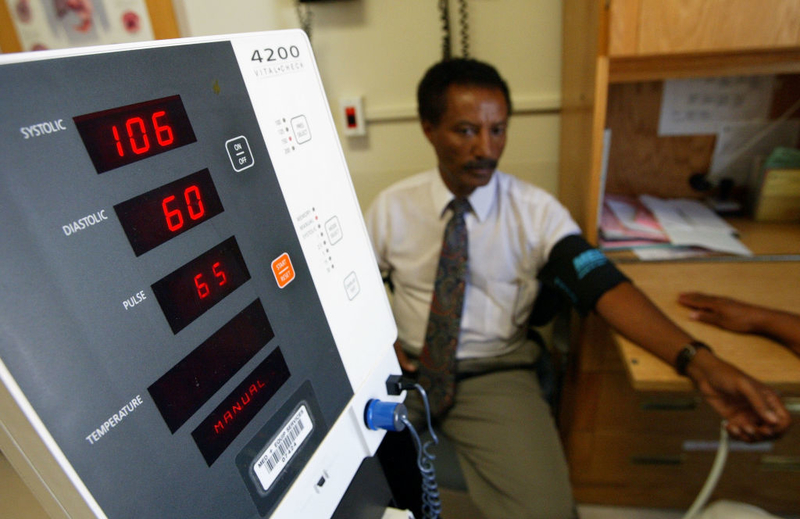
The American Heart Association recommends getting your blood pressure checked at least once every two years, even if you consider yourself as an athletic or healthy person. It’s a quick procedure and is completely painless, so if you don’t have one of these at home, make sure to ask your family doctor to check it. We recommend you to put a reminder on your phone that sets off every year just in case, you definitely won’t regret it.
Brushing Your Teeth Helps Prevent Stroke
Next time you or your kid decide to skip on brushing your teeth after dinner, it’s important for you to remember that having clean and healthy teeth is intimately related to having a healthy heart. People who have gum diseases are actually in a much greater risk factor for heart disease than those who don’t.
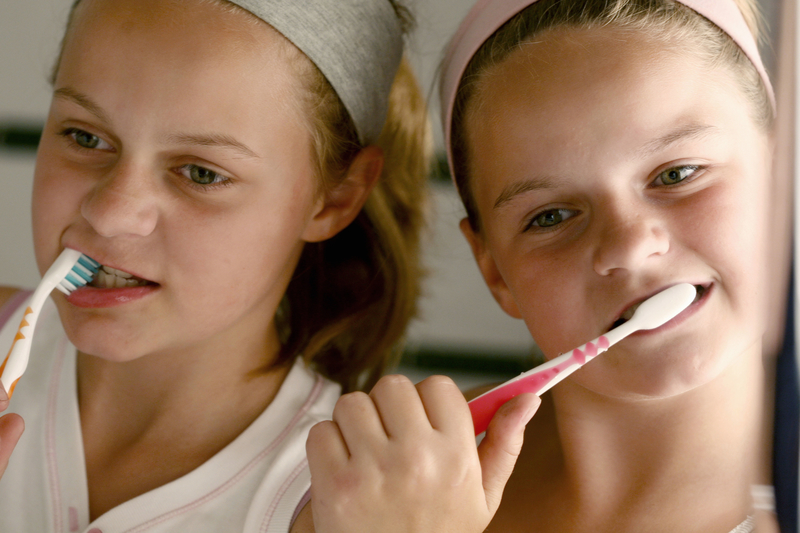
The going theory according to Harvard Health is that bacteria in the gums end up in your blood, thus causing your organs to get infected with bacteria and become inflamed. This pressure makes your arteries tighter and greatly increases the risk of stroke. Many studies have found this correlation to be true. It’s not 100% clear at this point exactly how or why gum disease is connected with heart problems, but the connection is clear. Remember to brush your teeth at least twice a day and even floss while you’re at it, this will help you maintain a healthy heart and healthy kidneys.
E-Cigarettes Are Also Dangerous
Many smokers choose to replace their cigarette smoking habit with that of smoking e-cigarettes, with many teenagers simply skipping directly to vaping and e-cigarettes because it’s considered “cool”. Since e-cigarettes and vapes have been relatively new to the market, there hasn’t been a lot of time to evaluate their safety potential as-of-yet, and so they are considered strictly experimental.

However, recent studies have begun to find that there is, in fact, a connection between e-cigarettes and illness, as many states have begun banning these devices in the last few months due to growing concerns over a number of reported lung illnesses and death cases across the United States.
Avoid Processed Foods
It’s pretty intuitive that eating natural foods is better for our health, but without the proper understanding, there’s really no reason to avoid the temptations of these tasty and easy meals. One of the main reasons is the high amount of sodium in processed foods that help them stay fresh for longer, often is in amounts that even exceed the daily recommended limit.
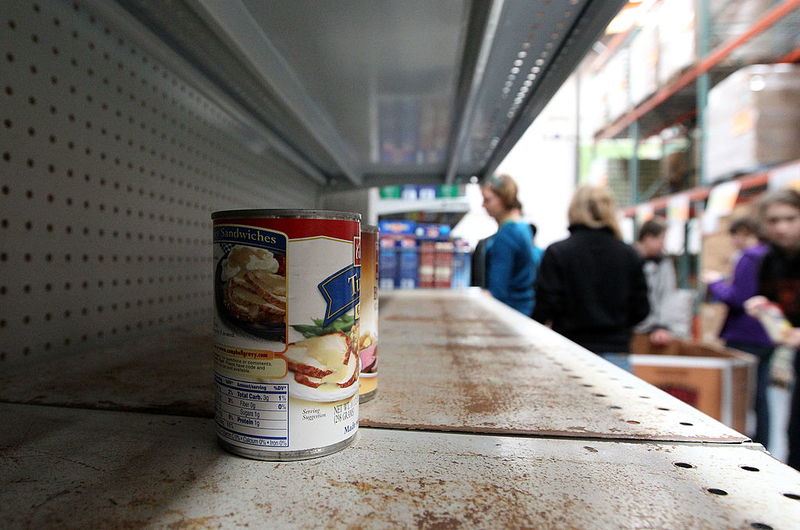
Two other nutrients that are likely to cause kidney damage over time are potassium and phosphorus. These nutrients usually get filtered by our kidneys without too much hassle but when there’s too much of them it leads to a huge strain on our vital organs. Just like with painkillers, if you moderate the number of processed foods eaten daily this shouldn’t be a problem, however, when you consume these foods on a daily basis, it might lead to a kidney complication further along the way.
Drink Alcohol In Moderation
Excessive use of alcohol is one of the most common reasons for death in the modern world, and all-told causes more death and trouble than almost all other substances combined. If we put aside deaths related to alcohol-fueled crimes and only focus on the negative effects of alcohol on your kidneys, a grim picture still emerges. Over drinking alcohol causes massive strain on your kidneys, with over-drinking being defined by The National Kidney Foundation as “more than four drinks daily.” One drink equals a single glass, 12-ounce bottle, or shot, depending on the drink.
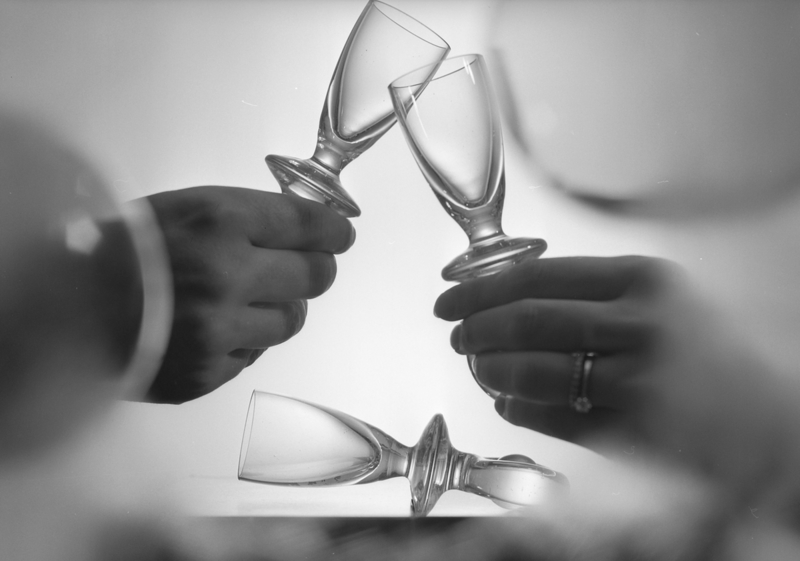
Despite the negative sides of the overuse of alcohol, drinking light amounts occasionally might actually help improve the health of your kidneys. A 2005 study found that moderate amounts of drinking are correlated with a lower risk of kidney dysfunction. Based on the research, people who drink at-least seven drinks per week (but not considerably more than that), have on average a 30% lower risk of kidney dysfunction. This obviously requires more studying to reach a final conclusion, but the main point remains clear — you can enjoy drinking alcohol, but make sure to do it occasionally and not in great amounts.
Don’t Keep The TV On All Day
After studying almost 70,000 women that suffered from heart disease or diabetes, researchers compiled the data and looked at the ones that managed to cut their risk of heart attack by more than 90%. One of the major six habits that caused this lowered risk was watching less than seven hours of TV per week.

A recent study in the Journal of the American Heart Association found that people who regularly exercise but also watch TV often have about the same rate of heart disease as those who don’t work out but also don’t watch TV. If you found yourself binge-watching Netflix shows or just scrolling through the TV channels and trying to pass the time, a much better alternative would be to listen to a podcast while taking a walk or doing something more productive.
Avoid Certain Types of Heartburn Medication
When stomach acids flow up into the esophagus (also called the food pipe), it causes you to feel a burning sensation in your chest and a bad taste in your mouth. This condition is called heartburn and is most common among medically weaker populations, such as old people, smokers, pregnant women, and obese people. This is a relatively common condition, with over 60 million Americans experiencing heartburn monthly and over 15 million experience it daily.
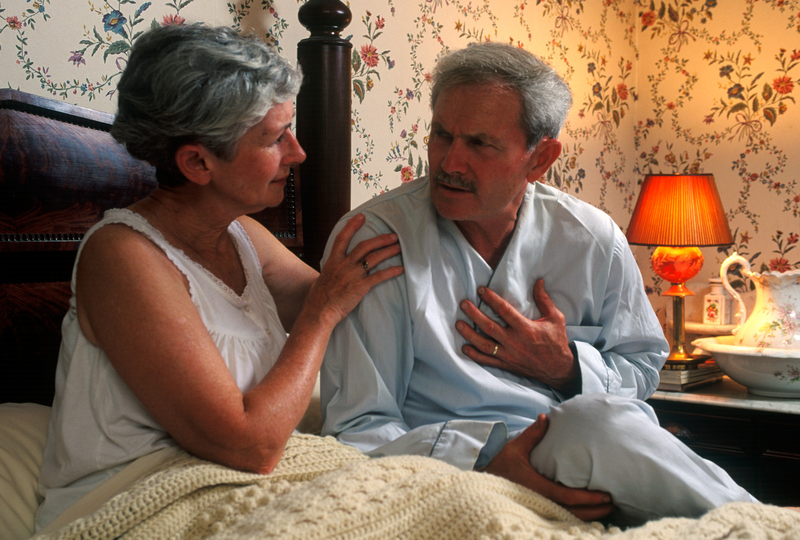
One natural way to combat heartburn is to eat slowly, go for smaller meals, avoid tobacco, alcohol, and caffeine completely. Unfortunately, most people opt instead to take heartburn medication, which has a good chance of hurting your kidneys. In-fact, regularly taking heartburn medications is tied with a 26% increase in chronic kidney disease. There are only a handful of heartburn medications that do not cause this type of effect, one of which is H2 Blocker group. If you must take heartburn medication, ask your doctor for an H2 Blocker to keep your kidneys from danger.
Don’t Eat Those Shellfish!
Seafood has been associated with a higher risk of kidney disease, especially shellfish. These mild-looking and great tasting delicacies are actually really bad for your kidneys, due to a toxic chemical called domoic acid. According to a 2014 research by the Journal of the American Society of Nephrology, this domoic acid, causes a health situation called “Amnesic Shellfish Poisoning”, which basically means your kidneys are under attack by various toxins.

Even low quantities of this toxin have been reported as harmful, so it would be best to make sure you eat seafood in moderation, especially if you’re a fan of shellfish. This is obviously disregarding other risk factors such as mercury and other contaminants, which are not that dangerous in moderate amounts but could easily add up into dangerous levels when eaten without caution.
Watch Your Saturated Fat Consumption
There are essentially two kinds of cholesterol, a good one and a bad one. According to the National Kidney Foundation, you should mostly be aware of the bad kind called LDL cholesterol. This type of cholesterol not only clogs arteries but also harms your kidneys.
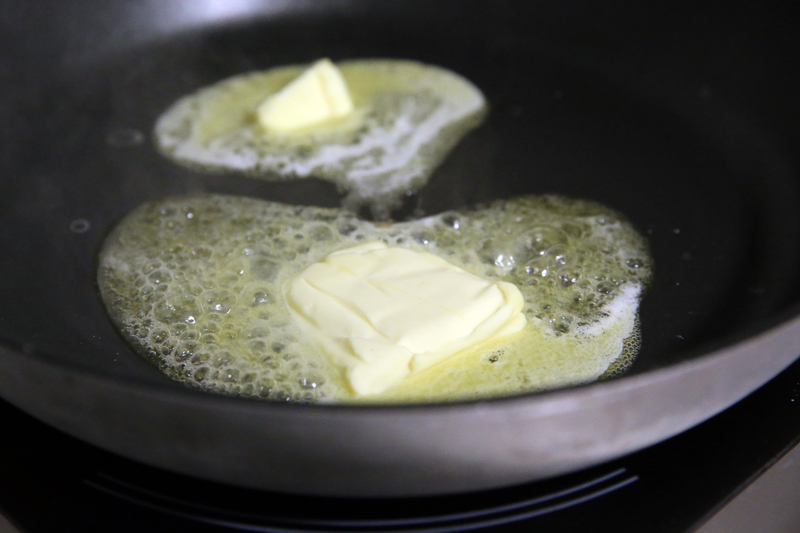
Despite being quite unhealthy, you can enjoy butter occasionally and in small amounts, but should absolutely avoid it in large doses. By replacing butter with margarine, you get a similar flavor with almost no trans fat or “hydrogenated” fats, which both cause a dramatic rise in your LDL cholesterol level.
Lack of Sleep Is Correlated With Kidney Failure
The average adult today is chronically underslept and often lacks one or even two hours of sleep on average than the recommended amount of seven to eight hours daily. These poor sleep habits contribute to a 19% increase in kidney failure, according to a 2016 study by the University of Chicago which found a link between sleeping 6.5 hours per night and the odds of kidney failure.
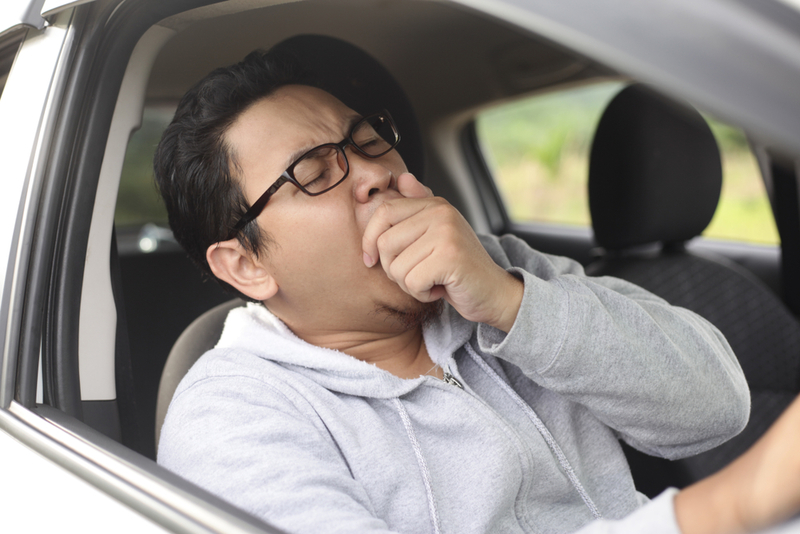
The main reason for this is presumably that your kidneys keep working when you’re awake, and the lack of sleep causes them to overstrain themselves without getting enough rest. Another possible cause is that we often tend to make the worst dietary decisions towards the end of the day when we’re tired and lack energy. The more you’ve exercised willpower during the day, the less you’ll have at the end of it to avoid making bad decisions.
Regular Exercise Promotes Kidney Health
According to The National Kidney Foundation (yup, it actually exists), doing some form of daily exercise helps lower blood pressure, improve sleep, and enhance muscle function.
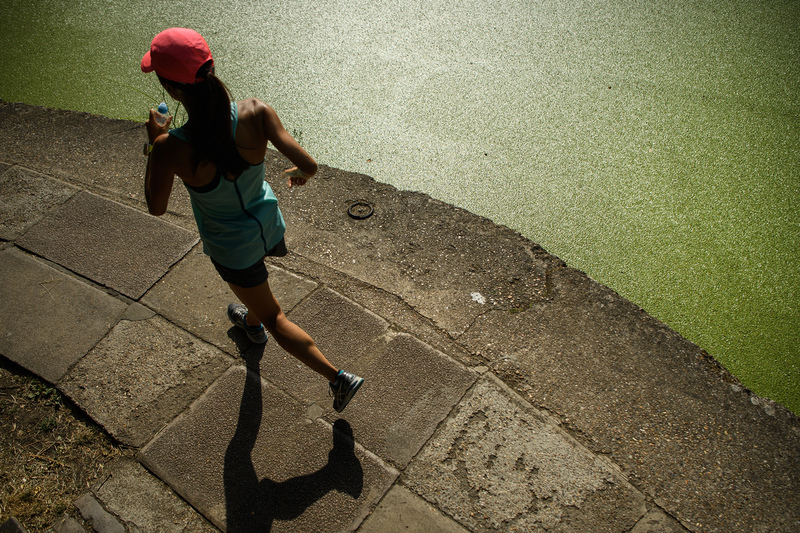
According to a 2019 study, people with kidney disease who worked out for just 150 minutes per week of moderate exercise (that’s an average of 30 minutes per day for five days) have seen a substantial improvement to their health.
How a Healthy Social Life Can Improve Your Health
Most people know that us human beings are social creatures. We like to hang out with other people, talk to them, share with them and more. Even introverts who pride themselves on their ability to thrive in solitude still need the occasional conversion, even if it’s a virtual one. What scientists found about the subject of sociability is actually quite shocking, and you’ll be running to tell your friends about it right after we tell you!

Having a good social life is officially linked to healthier kidneys unless you spend that time binge drinking with your friends. If you’re a responsible and moderate drinker, you now have a great reason to spend some quality time with your friends this weekend!
Don’t Hold You Pee
As we mentioned before your kidneys filter out waste products and extra fluids, the by-products then go into your urine and get disposed of when you pee. This helps to avoid building up excess and waste in your body. When you hold your pee in for long periods of time, ignoring nature’s call is actually one of the biggest factors that cause kidney problems.
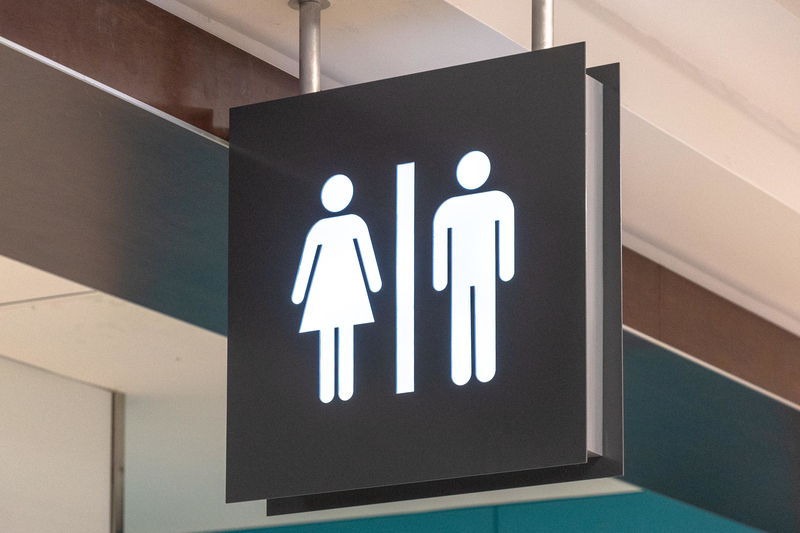
The more time your urine stays inside, the more bacteria begin to manifest in it. When these bacteria reach a certain critical mass and begin to reach your kidneys, all sorts of trouble begin to unfold. This is actually one of the most productive things you can do for your kidneys, and it’s also one of the easiest since it’s not hard to find the motivation to pee when the need arises. Coming up: how cigarettes and processed foods are ruining your kidney health, explained.
A Bit of Exercise Goes a Long Way Towards Health
Back in the day, people used to mostly do labor-intensive jobs. Nowadays, there’s not a lot of incentive to be physically active, with most jobs being desk jobs and most forms of entertainment including a screen or a couch. If you also add the fact that we’re a lot busier today, you start to get the picture of why people tend to avoid exercising.

Fifteen minutes of daily exercise may lengthen your life by over three years on average when compared to people who don’t exercise at all. “The truth is that if you’re exercising for health, it takes very little effort to see enormous benefits,” said Dr. Harvey Simon, the study’s author and an associate professor at the Massachusetts General Hospital. Luckily, everyone has fifteen minutes to spare – even the busiest people in the world can allocate a quarter of an hour for that, so go outside and take a walk. Your heart will thank you later!
Stay Away From Energy Drinks
Energy drinks are some of the most unhealthy types of beverages that you can drink. What makes them even worse than alcohol in certain ways is that they can be purchased by anyone, including an eight-year-old. These drinks, ranging from RedBull to Monster have extremely high amounts of sugar and caffeine in them, which is directly linked to high blood pressure, stress, and eventually kidney damage.
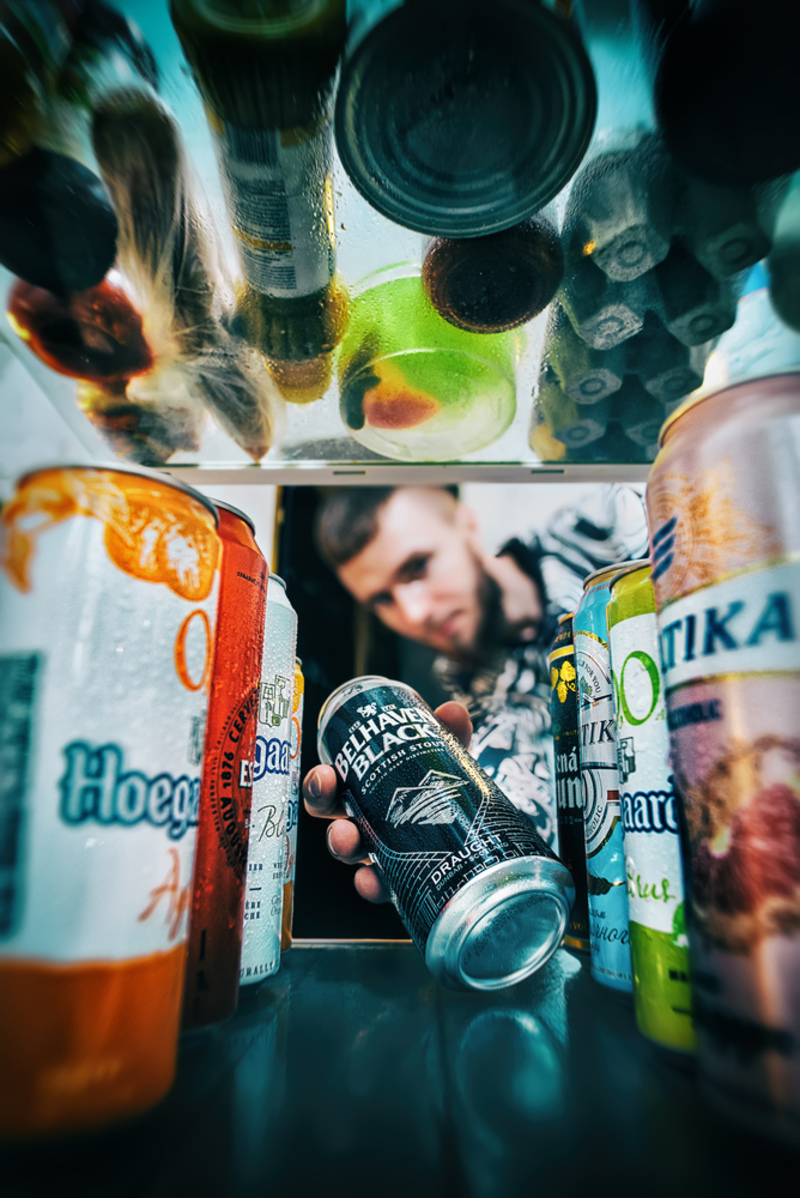
This was recently confirmed by a study in Frontiers in Public Health. There is currently little to no regulation by the Foods and Drugs Administration (FDA) despite recurring calls from various researchers to curb the damage they do to young children.
Eat Healthy Types of Fat
We’ve previously discussed saturated fats and trans fats, which both contribute to a raised LDL cholesterol and clog up your arteries. The higher your LDL cholesterol level, the faster your arteries get clogged, especially if left unchecked over time. The American Heart Association recommends watching out for hydrogenated oils and avoiding foods with high trans fat and saturated fats levels entirely. There are healthy kinds of fat, however, such as monounsaturated and polyunsaturated fats. These fats help decrease risks of heart disease and boost your immunity to disease.
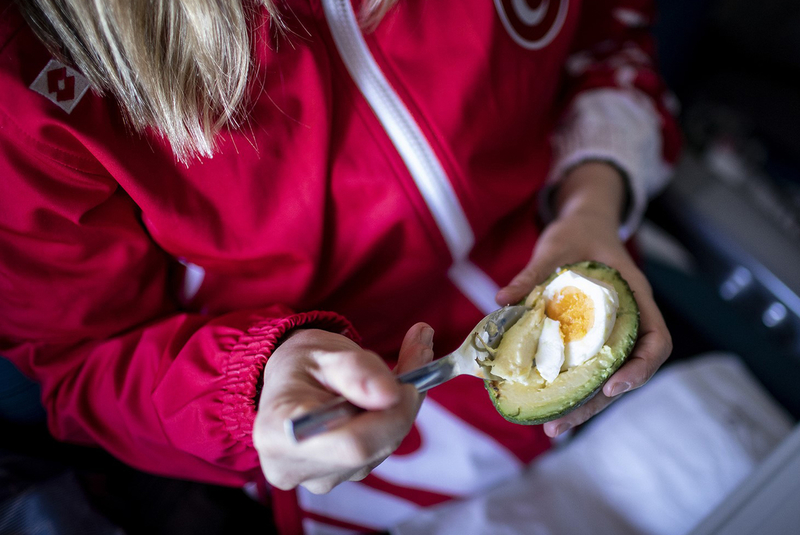
Some of the most healthy foods that contain high amounts of good fats are avocados, chia seeds, dark chocolate, flaxseeds, nuts, and seed butter. Just to reiterate, trans fats are bad for you. If you’re looking for an easy way to avoid trans fats completely, simply eat anything that would be considered vegan. There are no natural trans fats in vegan foods, although some baked and processed vegan foods do have artificial additives that contain trans fats.
A Small Daily Portion of Fruits and Vegetables Goes a Long Way
Many types of vegetables and fruits provide various protections against everything from heart disease to cancer. Another major advantage that you get from these food groups is that many of them also protect you from kidney damage and actually help heal kidney disease. Some of the best foods for your kidneys are apples, blueberries, kale, strawberries, spinach, sweet potatoes, red bell peppers, cauliflower, and cabbage. Most of these foods contribute to lower cholesterol levels, which indirectly help lower the risk of kidney disease. Additionally, they provide direct protection against kidney disease.
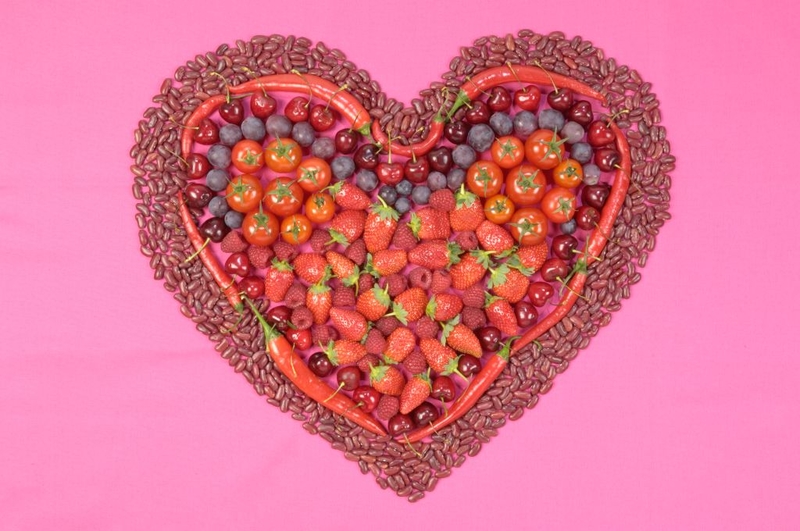
A 2017 meta-analysis by the International Journal of Epidemiology found that just five daily servings of fruits and vegetables help lower risk of heart disease. A daily portion of ten servings helps lower the risk even further.
Be Careful of Artificial Sweeteners
In a consumer culture where more than three-quarters of the American population is obese and more than two-thirds are overweight, it’s no wonder that “diet” and “zero sugar” versions of favorite drinks such as Coca Cola and Pepsi began to outsell even the regular versions in certain places. There’s also a growing number of people who replace regular white and brown sugar with artificial sweeteners such as sucralose, saccharin, and tagatose. Although all these sugar-free alternatives contain nearly zero calories, they have been linked to some adverse health conditions.
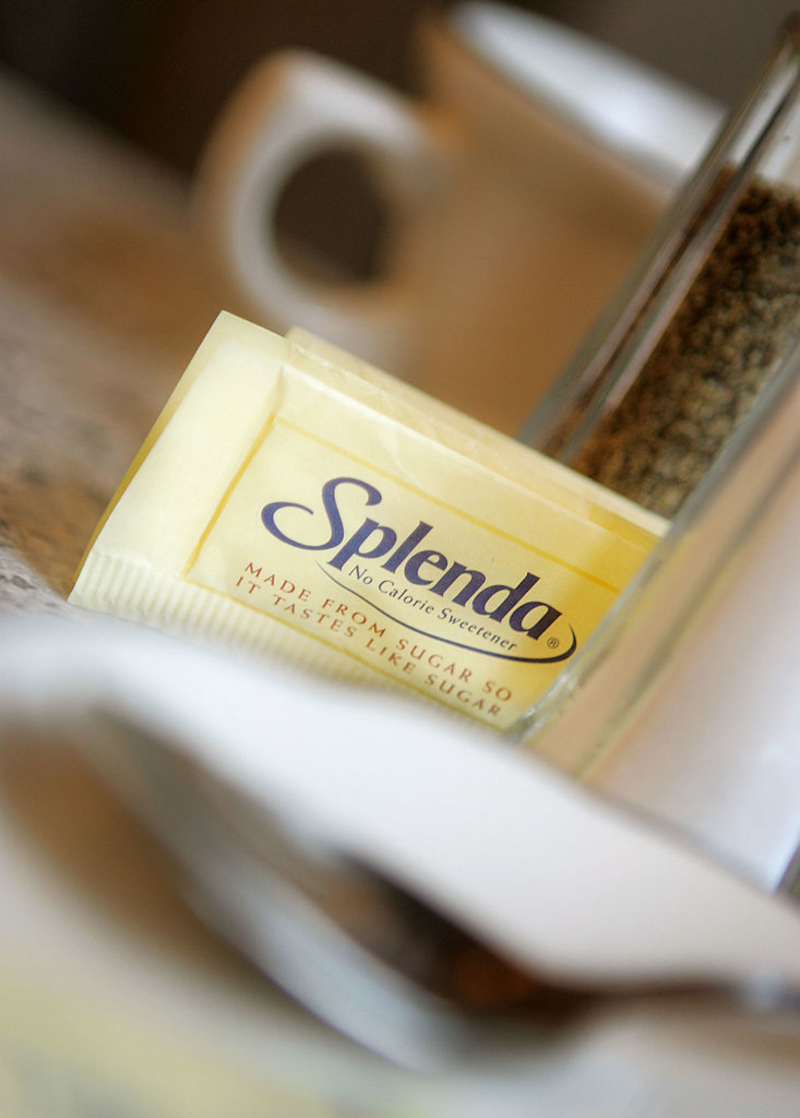
It’s been generally estimated that as long as you avoid drinking more than one or two artificially-sweetened drinks per day you should be OK, but there’s still a huge problem with that assumption. Artificial sweeteners have only been around for a few years, so data on them has not been reliable, due to the health effects of various substances taking a lifetime before they can be fully analyzed. There are no official sentiments regarding the safety of using artificial-sweeteners, so it would be best to stay away from them if possible, just to be on the safe side.
Avoid Excessive Sugar Consumption
High amounts of sugar often lead to energy imbalances, mood irregularities, lower cognitive performance, weight gain, poor sleep, and more negative effects. In addition, high amounts of sugar raise your blood sugar levels, which according to the American Diabetes Association, force the kidneys to filter too much blood and cause your kidneys to develop diseases over time.
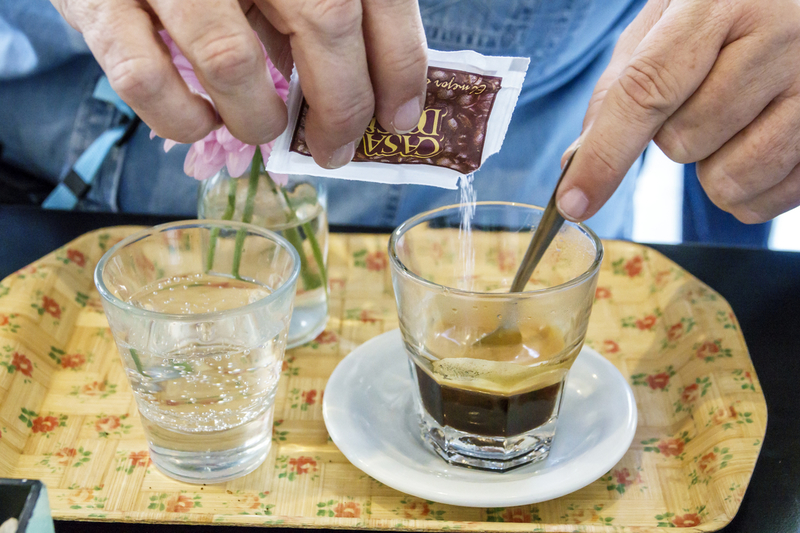
Researchers from the University of Montreal found a direct link between sugar, diabetes and kidney disease. The three create a feedback loop that only causes more damage to the body. Excess sugar often causes diabetes, and diabetes causes kidney disease. Where this gets really bad is that kidney disease can also cause diabetes, thus perpetuating the health issue and making it even worse. It’s important to get your blood glucose checked regularly to prevent diabetes and avoid eating an excessive amount of sugar. Up next: What about artificial sweeteners and alcohol? Learn how they affect your kidneys in the next entry.
Adopt the Habit of Staying Hydrated
Someone who’s dehydrated stands at a much greater risk of suffering from kidney failure, as proven by the National Hydration Council report which claimed that most kidney stones are the result of chronic dehydration.
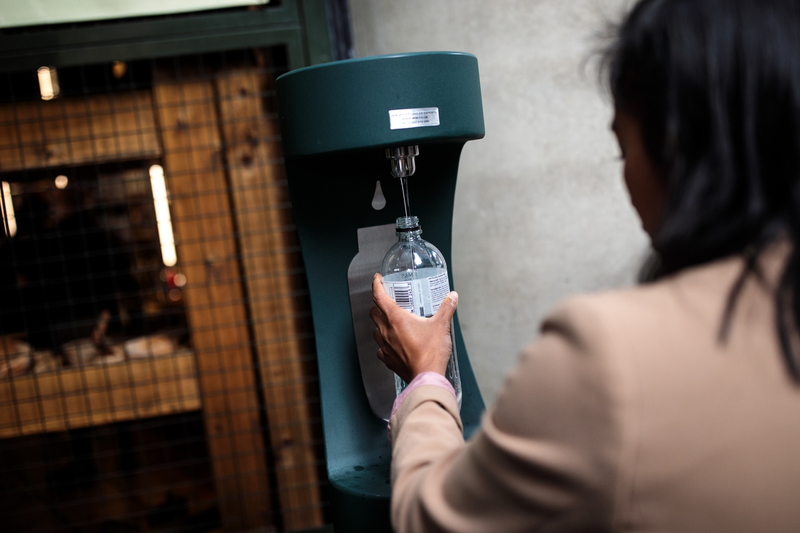
Dehydration causes a high density of minerals to accumulate in your urine, which can eventually formulate themselves into a crystal, which will then grow in your kidneys into a stone. It’s not that hard to avoid this, just make sure that you drink enough. It’s much easier to get dehydrated than to cause any actual damage from overhydration, so it’s always better to drink up just to be on the safe side.
Watch Out With Those Pain Killers
Pain relievers are only meant to be taken only when needed. Our reliance on pain relievers is not good for our health as it may incur a heavy debt on our kidneys as they decrease blood flow to the kidneys, and the more you take, the more severe this effect will be, resulting in poor kidney activity which in worse cases can kidney failure.
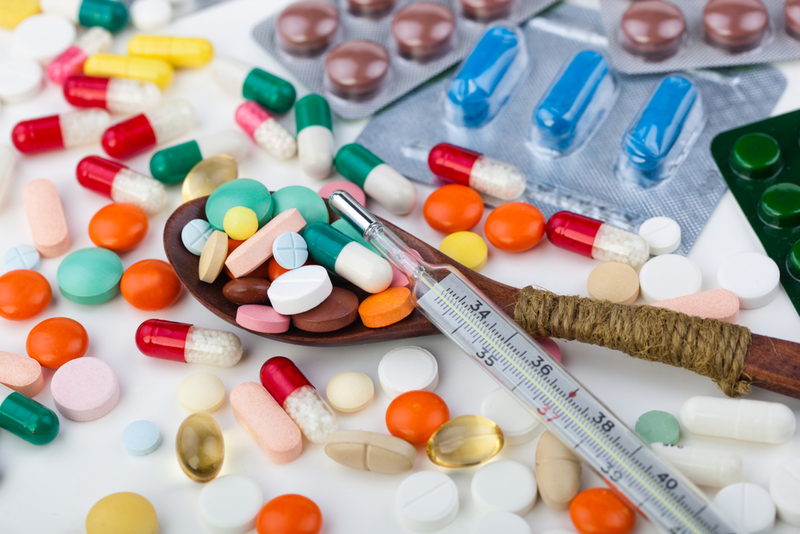
The New England Journal of Medicine found that heavy use of painkillers such as Advil and Tylenol resulted in over 5,000 cases of kidney failure in the United States annually. As a precaution, painkillers should never be taken never on an empty stomach.
Stand Up Whenever You Can, Especially If You Work a Desk Job
Sitting for more than six hours per day makes you 40% more likely to die within 15 years than someone who sits less than three hours. If you’re working at a desk job, this is especially important for you to pay attention to, because the risks also affect your kidneys. A recent study done in PLoS One, found that just an extra hour of non-sedentary activity reduces your chances of kidney failure by a great deal.
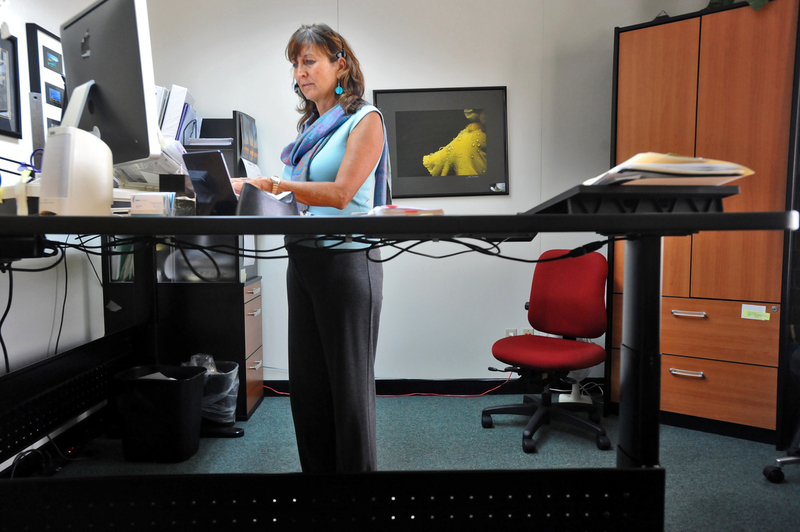
Researchers believe that one of the biggest reasons that sitting contributes to vastly higher rates of kidney disease is that prolonged sitting lowers your blood pressure while increasing your glucose and cholesterol levels. These are all directly correlated with higher rates of kidney failure, likely explaining the phenomena.
More Benefits of Sleeping Eight Hours a Day
A 2014 research that was conducted over ten years found that one of the most consistent habits in people with healthy hearts is getting proper sleep. This habit was also mentioned in the European Journal of Preventive Cardiology as one of the bedrocks of a healthy heart, which also translates to kidney health, as the two are intimately connected.

Another piece of evidence that came from the National Sleep Foundation is a report that deep sleep activates various brain chemicals that help lower heart rate and blood pressure, leading to better functioning kidneys. They also found that long periods without sleep increase the risk of heart attack and heart disease by more than 50%. It’s important to make sure you get at least seven hours of sleep every night.
Find Out Your Optimal BMI and Stick to it
Any physician today will tell you that there is no doubt that there’s a direct correlation between weight gain and heart problems, with the severity of the illnesses only increasing as more weight is gained. A 2018 research in JAMA Cardiology found that having a high BMI (Body Mass Index) puts you at a significantly higher risk of suffering from heart disease.
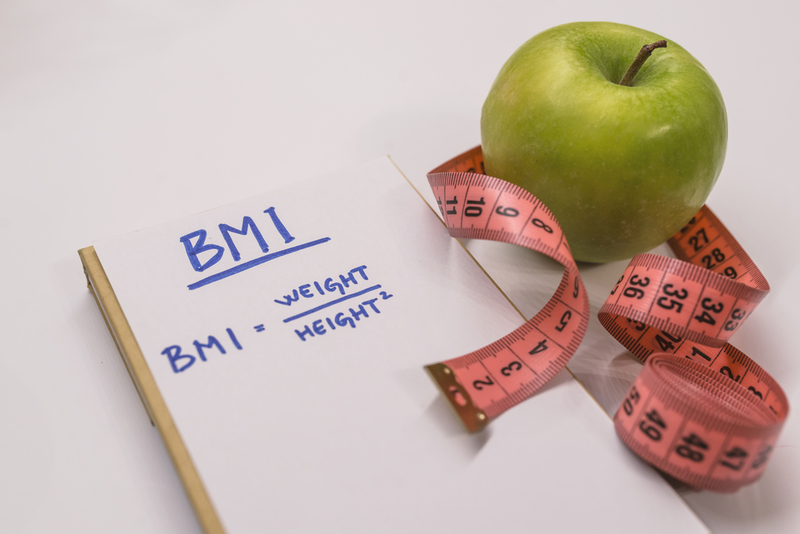
It’s important to do your best to maintain an optimal BMI level, even though it’s clear that the BMI system isn’t optimized for everyone, due to variations in body types. “There is no one-size-fits-all,” says Dr. Chanté Wiegand, ND, a Naturopathic Doctor and Director of Education at The Synergy Company. Find out next how toothbrushing and e-cigarettes can affect your kidney health.
A Symptomless Disease
One of the biggest mistakes that seemingly healthy people make, is to assume that because they feel healthy overall, there’s no need to get themselves checked up by a medical physician. The American Heart Association recommends getting a blood pressure check at least once a year, your blood glucose levels once every three years, and your cholesterol levels every four to six years.
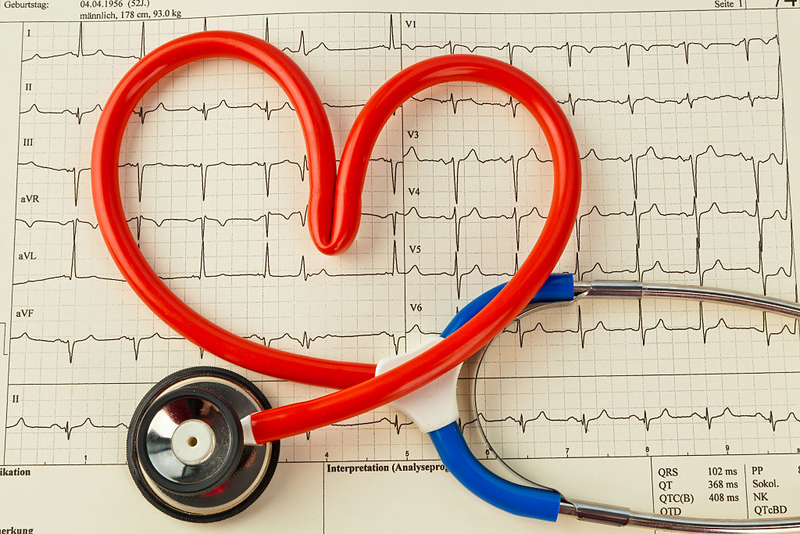
It’s important to take initiative and make sure ahead of time that your health is in good standing. Many medical issues that can be easily treated and even prevented if found early become much harder to treat once they have matured and intensified.
Stay Away From Coca Cola and Pepsi
Although people know that these beverages pack massive amounts of sugar. Your regular 12-ounce soda bottle has more sugar in it than three donuts. An excess of sugar leads to a variety of issues from heart problems to kidney problems.

Drinking two or more bottles of these dark fizzy drinks on a daily basis can double your chances of contracting kidney disease. This is not just due to the sugar, these drinks also contain phosphoric acid, which we mentioned briefly in the processed food entry. This acid may also be harmful to your kidneys.
Be Extremely Careful of Steroids
Many athletes and bodybuilders opt to use steroids as a way to augment their physical muscles and grow at a much faster rate. There’s a huge correlation between steroids and athletic performance, as-well-as muscle growth. Many athletes and bodybuilders who find their progress stagnating choose to take these harmful drugs via injection or pills, sometimes to cheat the competition, and sometimes to feel better about themselves. Based on a 2009 study, it was found that nine out of ten bodybuilders who have used steroids over the course of their careers have developed kidney scarring over the years. These scar tissues only healed over time once the steroid usage was stopped.

Besides raising cholesterol and raising your all-cause mortality rates, steroids also cause various emotional irregularities, including a propensity for anger and an inability to think clearly. The only situation where you should take steroids is if it was prescribed by a doctor for strictly medicinal purposes, otherwise, it would be best for you and your future if you stick to an all-natural athletic career.
Eating Too Much Red Meat May Cause Kidney Failure
The Journal of the American Society of Nephrology certified red meat as a possibly being “kidney toxic.” It’s unclear at this point exactly what causes this effect, but speculation is that a big reason for the toxicity of red meat comes from having too much dietary acid.
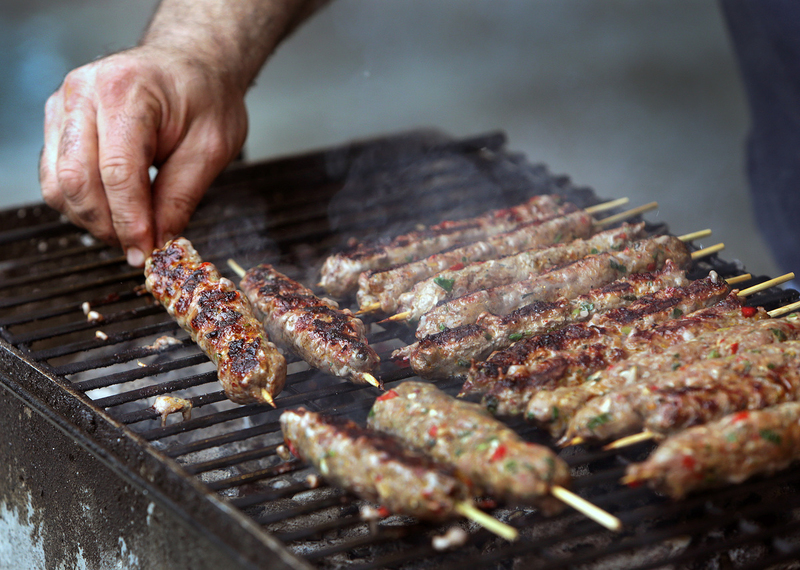
However, if you’re into vegan alternatives to meat, we’ve got great news for you because apparently, eating plant-based proteins actually helps repair injured kidneys. The research further states that replacing just one serving of red meat per week can help reduce your chances of contracting a kidney disease by 62%, which is quite a considerable number. This small change in lifestyle can end up having a big payoff later, so it’s recommended that you check some of your carnivorous urges in favor of a more healthy and balanced diet.
MRIs, CT Scans And X-Rays Might Harm Your Kidneys
Although we’re highly doubtful that there are people in this world who have a hobby or habit of getting MRIs, CT Scans or X-Rays, it’s still important to note that these can harm your kidneys under certain situations. It’s not the tests that cause the damage, but the contrast dye that often accompanies these tests which cause trouble. Contrast Dyes are often made of either iodine or more rarely barium-sulfate. They help accentuate specific areas of your body when doing a test such as X-rays and CAT scans.
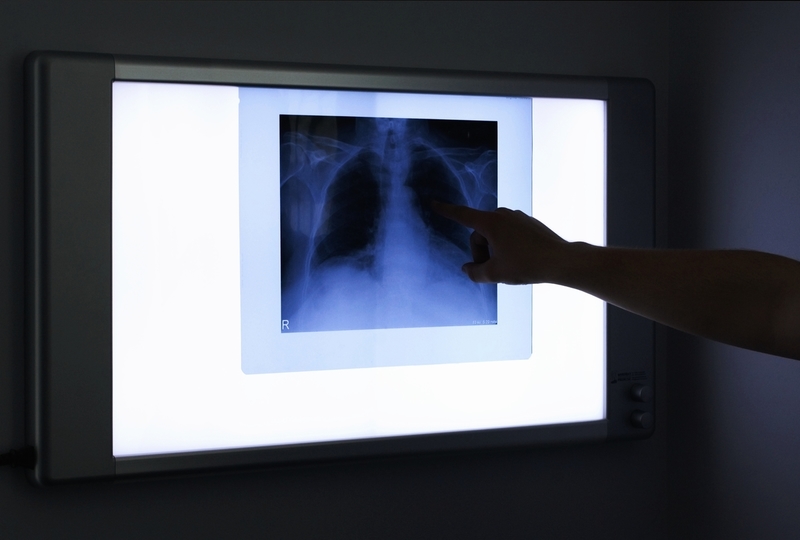
About 2% of the people who have contrast dyes as part of their tests end up developing CIN, especially if they have a history of diabetes, heart disease, blood disease or kidney disease. CIN is a disease called Contrast-Induced Nephropathy, which causes kidneys to shut down for up to three days. It’s a reversible condition and only highly unlikely to occur in the first place, but it’s important to be aware of it because it could cause damage if left untreated or contracted by someone with previous medical conditions.
Make Sure to Prevent High Blood Pressure
We’ve already discussed why it’s important to treat and avoid high blood pressure. The harder your heart has to work, the more stress gets put on your kidneys to filter it. We’ve also discussed various ways to decrease your blood pressure such as getting eight hours of sleep daily, eating good fats on a regular basis, controlling your stress levels, working out, drinking moderate amounts of alcohol daily, and avoiding sitting for long stretches of time.
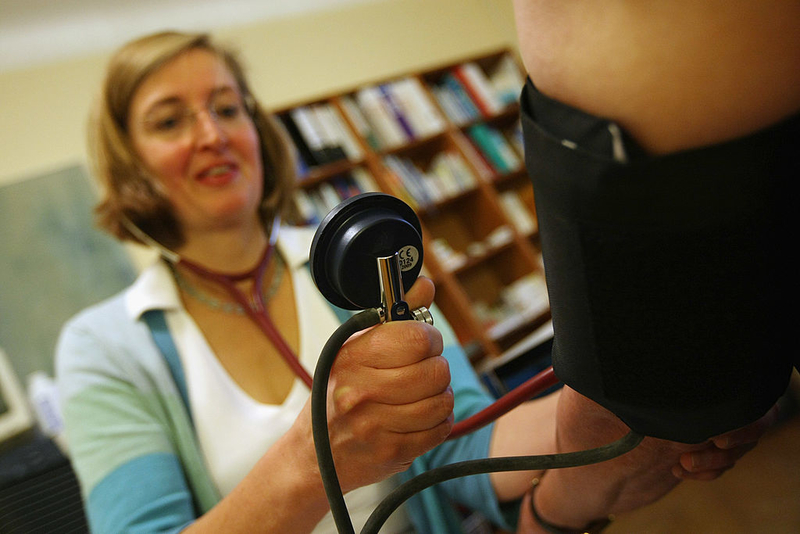
Symptoms of high blood pressure aren’t always visible, and by the time they appear, it’s usually already too late to cure. In 2015, a study in The New England Journal of Medicine found that the risk of heart disease is significantly lower if your blood pressure is lower than 120 millimeters of mercury.
Avoid Taking Supplements Without Prior Research
These small tablets of concentrated supplements may seem like a healthy habit, with the rationalization that you can basically get any lacking vitamin supplemented while your kidneys filter out all the rest. However, high doses of vitamin C and other vitamins have been linked to the formation of kidney stones. And if you also have a pre-existing condition, such as diabetes or an autoimmune disorder you’re even at a higher risk. It’s highly recommended to consult with your doctor.
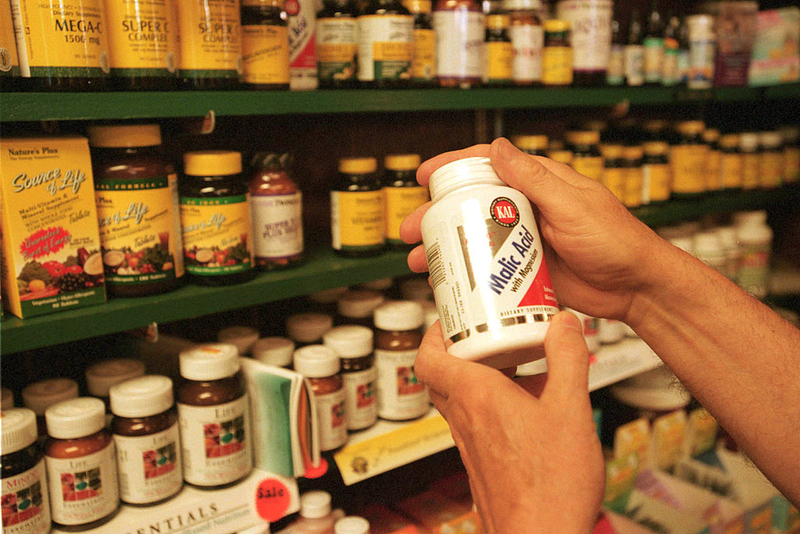
Based on a 2012 review by the American Society of Nephrology, some supplements you should be cautious of are cranberry, willow bark, wormwood oil, licorice, geranium, and vitamin C. Up Next: Why exercise benefits your kidneys and how it can also destroy them.
Five Glasses of Water a Day Keep the Doctor Away
According to a 2002 study in the American Journal of Epidemiology, the more dehydrated you are, especially if it’s a habit, the less healthy your heart is. A minimum of five daily glasses of water will surely do your kidneys some good.
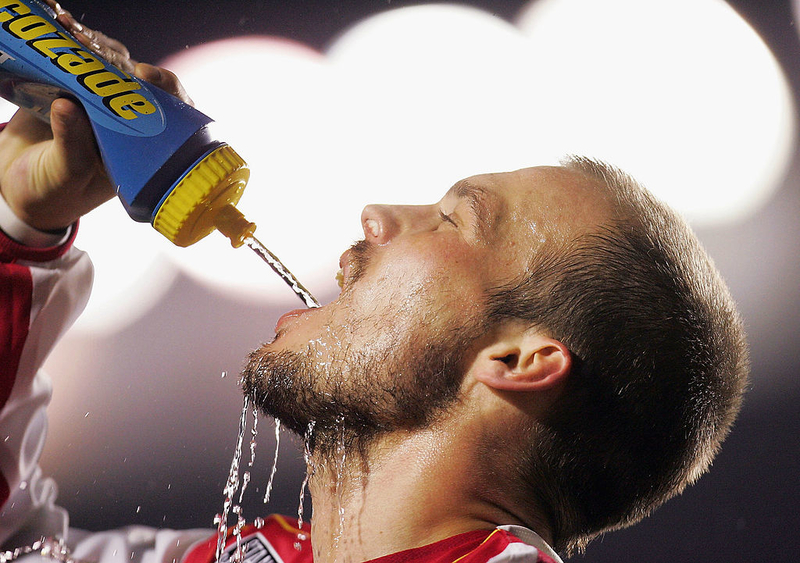
The British Journal of Haematology found that the more water you drink, the lower your blood viscosity is, meaning that it flows a lot better and give your heart an easier time. High degrees of blood viscosity end up straining your heart, and as a result, your kidneys. If you’re having trouble staying hydrated during the day, consider purchasing a personal water bottle to carry around with you everywhere you go.
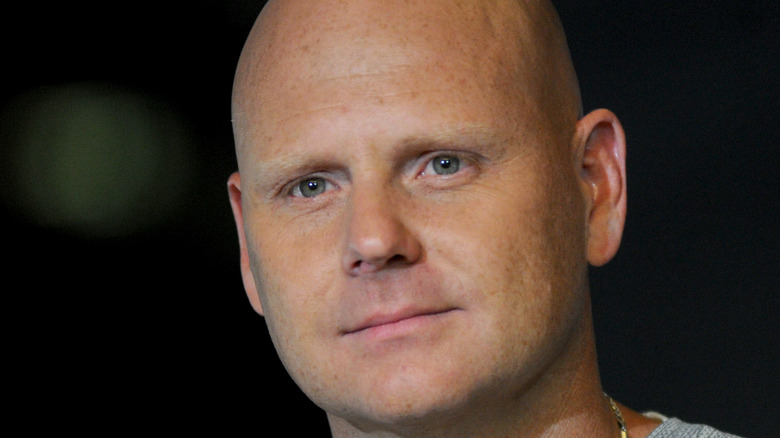
The World Records Daredevil Nik Wallenda Has Broken

The Most Popular Sports in Alaska

Buccaneers Head Coach Bruce Arians Is Worth A Lot More Than You Think

Details You Didn't Know About Tom Brady

Is Bill Belichick The First Person To Refuse A Presidential Medal Of Freedom?

The Untold Truth Of Joey Mercury

Russia Banned From All Global Sport Including Olympics, World Cup

The Untold Truth Of The Miz

The Youngest Gold Medalists At The Olympic Games

False Things You've Always Believed About The Olympics

